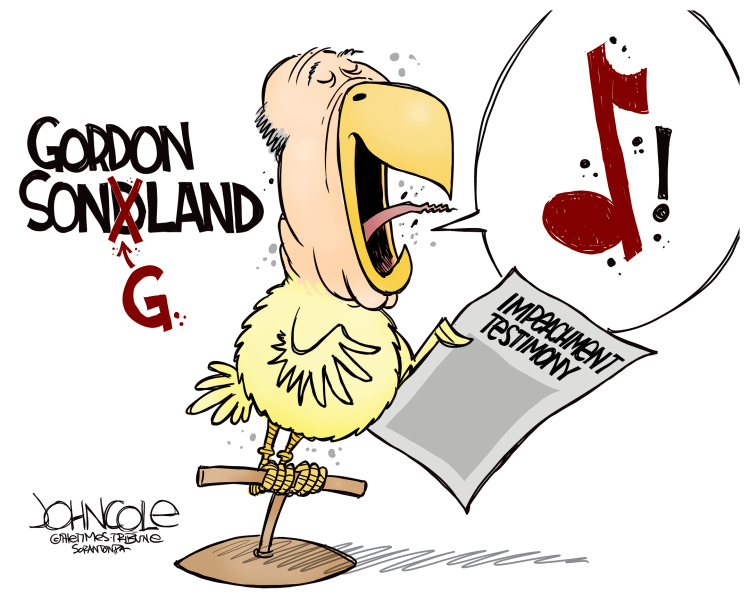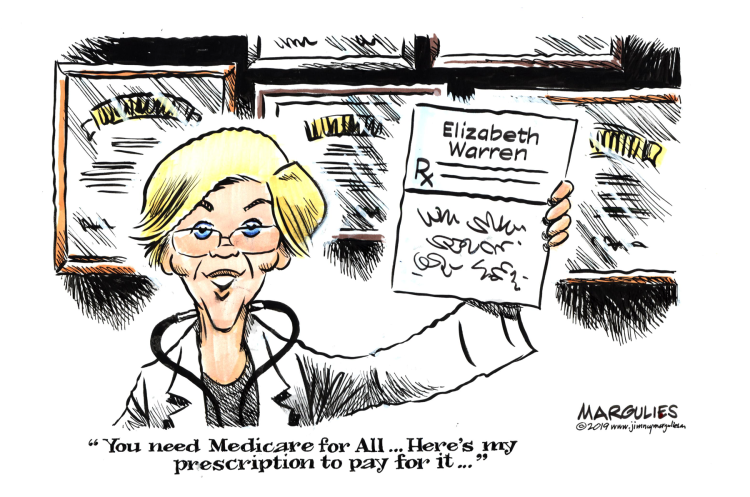
Chesapeake Energy—which helped propel the shale gas revolution in the late 2000s with leading positions in shale basins—is now facing tough times trying to heal its balance sheet, on which US$9.7 billion in total debt weighs.
Chesapeake Energy has to focus on generating free cash flow and successfully manage the debt they had taken on to boost production instead of profits. Squeezed between the scarce availability of capital from debt and equity markets and investors demanding more profits, many U.S. oil and gas firms are reducing capital expenditure plans for 2020.
In this challenging environment, aggravated by low commodity prices, Chesapeake Energy warned in early November that “If continued depressed prices persist, combined with the scheduled reductions in the leverage ratio covenant, our ability to comply with the leverage ratio covenant during the next 12 months will be adversely affected which raises substantial doubt about our ability to continue as a going concern.”








